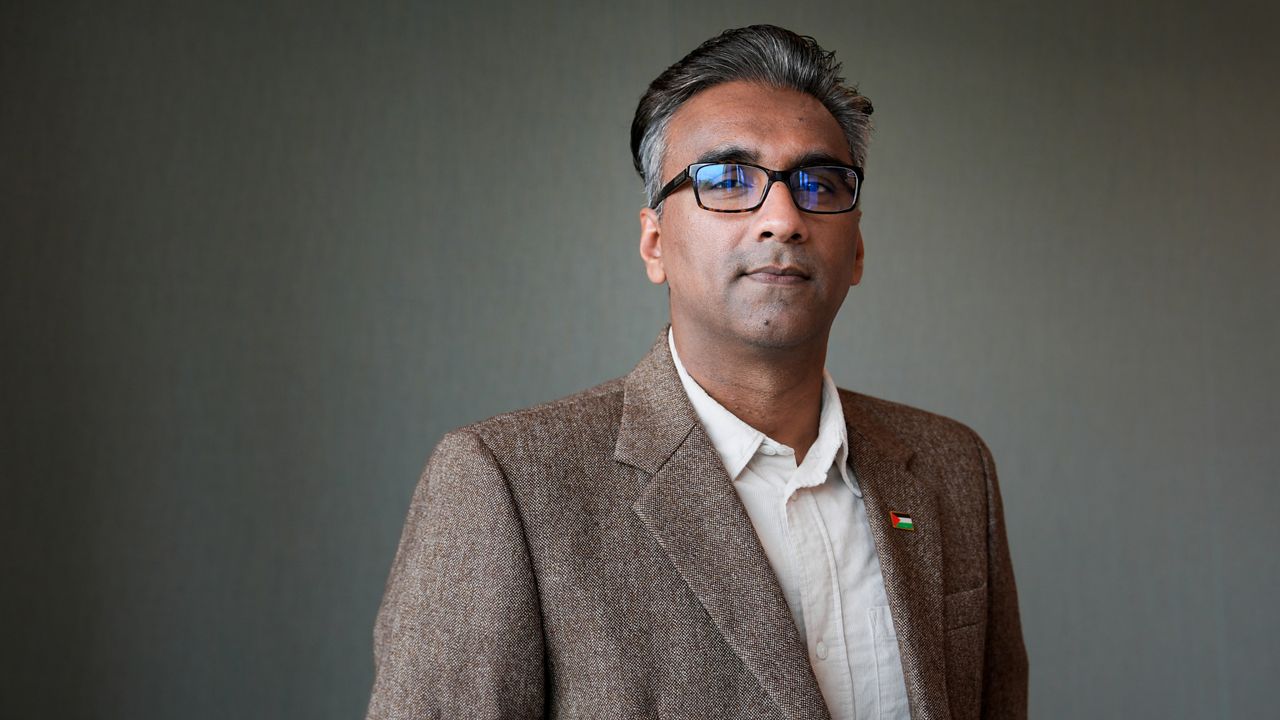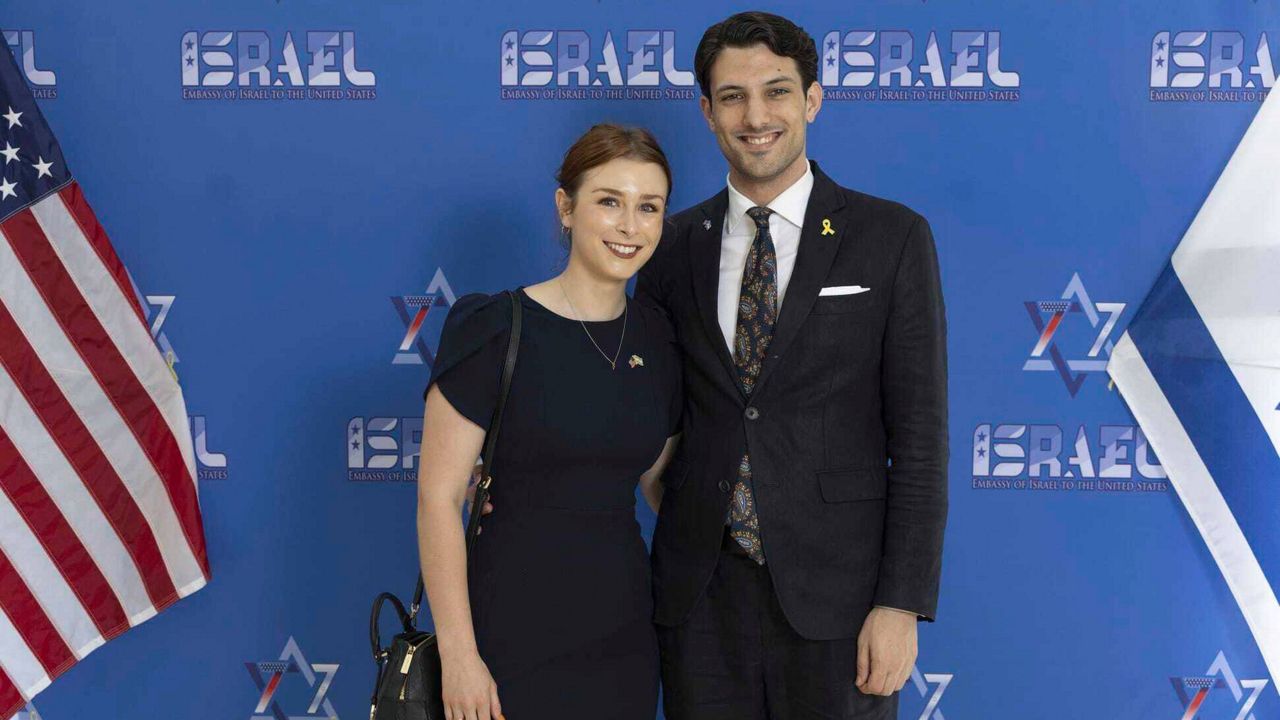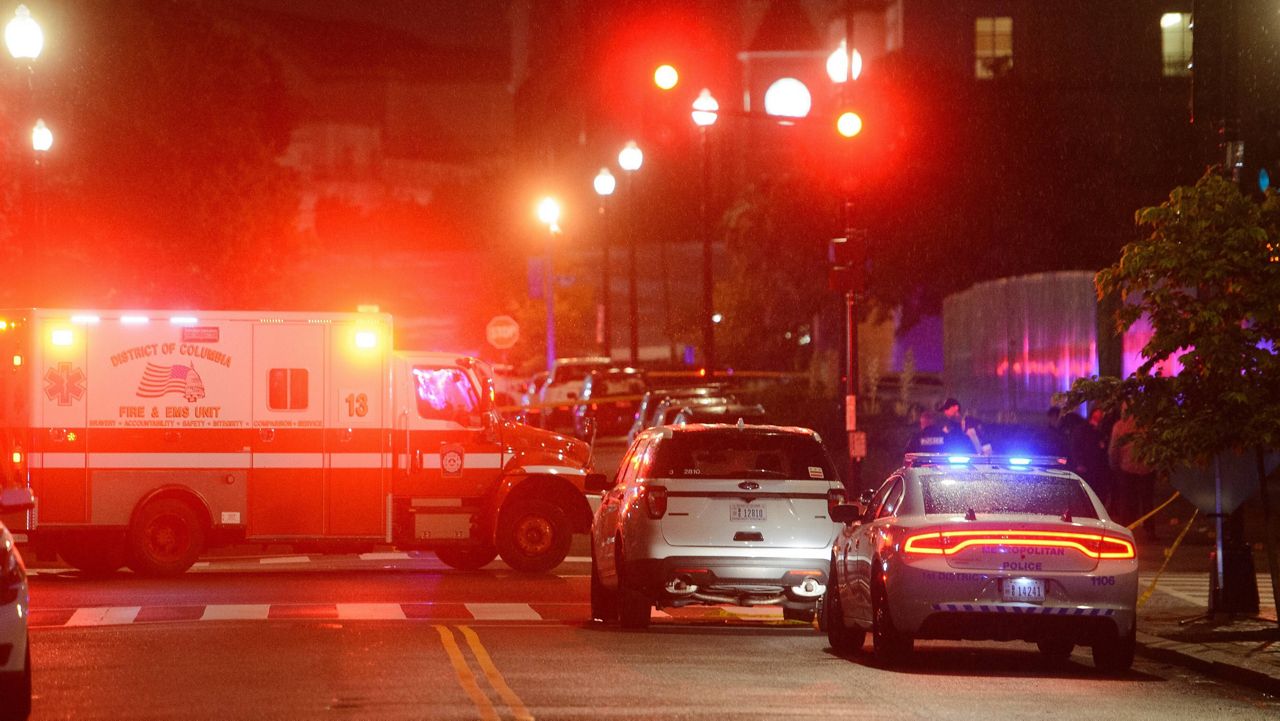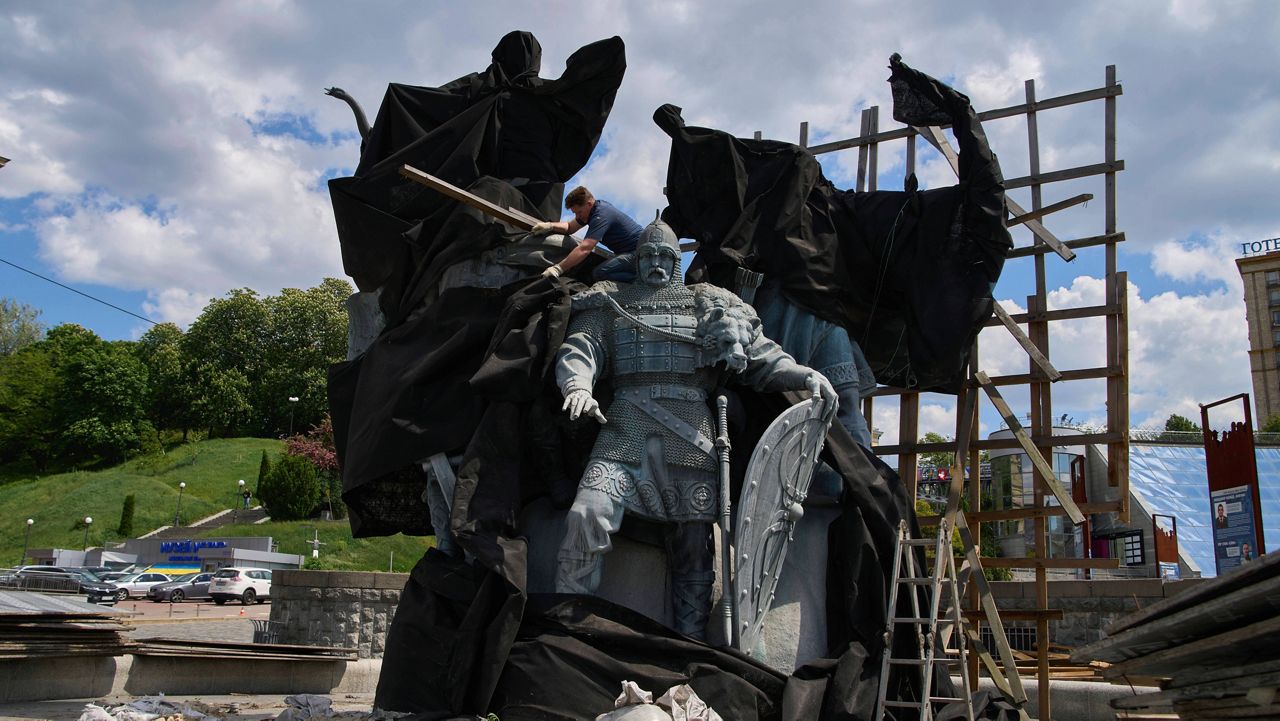Ukrainian President Volodymyr Zelenskyy took his quest for more arms and support to a sprawling summit of some 50 European leaders in Moldova on Thursday, ending up the focal point of an event that seeks to quell regional conflicts and shore up unity in the face of Russia's war.
The meeting of the pan-continental European Political Community, which embraces all European nations other than Russia and Belarus, gathered the heads of state and government from 47 countries but its attention was on the continent's south and east — a region pushed to a turning point in its relationship with Moscow because of Russia's invasion of Ukraine last year.
After a day of talks in the Moldovan countryside, Zelenskyy said the best security guarantee for Ukraine was membership in NATO and the European Union, and that any proposed peace plans to bring the war to an end could not take into account Russian concerns.
"There is an aggressor in this war and there is a victim," Zelenskyy told reporters. "A peace plan cannot be prepared by the aggressor."
The 27-nation EU hoped to use the summit to reach out to many Eastern European countries that spent decades either within the Soviet Union or under its immediate sphere of influence, and to bolster the continent's unified response to Russian aggression.
The choice to hold the summit in Moldova, a former Soviet republic of around 2.6 million people, is seen as a message to the Kremlin both from the EU and the pro-Western Moldovan government, which received EU candidate status in June of last year at the same time as Ukraine.
The summit's venue is only 12 miles from the Ukrainian border, and Moldova's president, Maia Sandu, has warned of plots by Moscow to overthrow her government using external saboteurs.
As Europe's poorest country which is cradled by Ukraine on three sides, Moldova aspires to join the EU by the end of the decade, and has consistently signaled its support for Ukraine and taken in refugees fleeing the war.
Late in the summit, Sandu said her country was on an "irreversible path to joining the European Union," and that she and her European partners had told Zelenskyy that "we will stand by Ukraine for as long as it takes."
Zelenskyy was the first foreign leader to arrive at Thursday's summit venue, a 19th-century castle and vineyard around 21 miles from the capital, Chisinau. Dressed in his trademark olive green shirt and cargo pants, he sought to dispel doubts about his country's accession to the EU and NATO, and told the assembled leaders that such doubts would be exploited by Moscow.
Since the start of the invasion, he said, "the limits of security in Europe have in fact been the limits of our determination, our ability to act together for the sake of the interests of our peoples and the whole of Europe. As much as we can reject doubt, we can reject the evil of aggression."
Zelenskyy urged a continuation of Western military aid to Ukraine, saying it was saving lives and "literally accelerating peace." He insisted that all countries that border Russia should be full members of the EU and NATO, since Moscow "tries to swallow only those who are outside of the common security space."
"When there are no security guarantees, there are only war guarantees," he said.
Other summit participants include German Chancellor Olaf Scholz, French President Emmanuel Macron and U.K. Prime Minister Rishi Sunak.
Scholz and Macron joined European Council President Charles Michel for one of the summit's major meetings: discussions with the leaders of Armenia and Azerbaijan, two former Soviet Caucasian neighbor nations that have fought wars over a contested territory.
Recent negotiations between the two nations over the territorial dispute had raised hopes that a breakthrough could come at the Moldova summit. But following the talks, a new round of negotiations was announced for July in Brussels.
Also on the agenda was the recent flareup in ethnic tensions between neighboring Serbia and Kosovo, whose leaders attended the summit. NATO has announced it will send 700 more troops to northern Kosovo to help quell violent protests after clashes with ethnic Serbs there left 30 international soldiers wounded this week.
The latest violence in the region has stirred fear of a renewal of the 1998-99 conflict in Kosovo that claimed more than 10,000 lives, left more than 1 million people homeless and resulted in a NATO peacekeeping mission that has lasted nearly a quarter of a century.
Speaking to reporters in Oslo on Thursday, U.S Secretary of State Antony Blinken called on Kosovo and Serbia to "take immediate steps to de-escalate tensions and make a real effort on normalization agreements."
"We support the process of European integration for Kosovo and Serbia but the current escalation hinders, rather than helps, the efforts in that direction," Blinken said from an informal meeting of NATO foreign ministers in the Norwegian capital. "We're looking for both to act responsibly."





)



